Democracy fails where political ignorance is bliss
“The best argument against Democracy is a five-minute conversation with the average voter.”
Winston Churchill
If someone asks you, “What do you understand by the word democracy?” what will you answer? Most of us answer, saying, “Why? I have the power to vote in my country, and that is my democratic right.”
Well, my question here is, “Does democracy only mean having voting rights? Or, is there something else, something much more important than the right to push the button of the ballot box according to your choice?”
When I was young, I was taught that democracy is the best form of government because it is better than a dictatorship – the most exploitative form of government. The people living in a democratic country have the right to elect their representatives to run the state. When you give one vote to the person who promises you certain good things, and you let him win elections, you get a good government. That is the popular notion.
Vote in an institutionalized democratic country happens at regular intervals, mostly in every 3 – 5 years. During election time, we all are bombarded with a lot of information, news, rallies, agendas, and promises of ruling and opposition parties, etc. We get overwhelmed, and when the prime time comes, like responsible citizens, we visit the polling booth to cast our votes in favor of our favorite candidates. But the problem is the average voter doesn’t know how to vote, and that’s why in most cases, democracy doesn’t function well. The very way we perceive democracy and choose our representatives leads us one step closure to the failure of it.
How many of us ever asked ourselves these few basic questions before casting your vote?
- Am I voting for the right person?
- What about the past performance of the candidate?
- Is this candidate a law-abiding person or an antisocial?
- Is that person experienced enough to run the country well?
- What happened to the tax I paid last year?
- Has my last government functioned the way it should in a democratic country?
- What are the rights I should enjoy in a democratic country other than voting, right? Am I getting them all?
…and several such questions should arise in our mind before, during, and after election time. Maybe, some of us have asked ourselves these questions and some not yet.
People who never bother to ask such questions related to the real power they have elected or are going to elect, but blindly cast their votes to whomever they like, are definitely politically ignorant. And when such ignorance is widely prevalent in a country, it is bound to be a “Flawed Democracy”.
In a “Flawed Democracy,” elections are more or less fair, and free fundamental civil liberties are honored but may have issues like media freedom infringement, the prevalence of media as political propaganda machinery, minor or moderate suppression of political opposition, and critics. In addition, these nations may also have underdeveloped political culture, ignorance regarding the functioning of the government, low levels of participation in politics by the majority of the population, and issues in running the government.
Imagine we are going on a plane. Before you fly, all the passengers are asked to elect a captain democratically. You get two candidates – the first one is a certified pilot, and another one is an amateur flyer. The first one says that if you let him fly the plane, then he will abide by the international laws of aviation and will operate at 30,000 feet above the ground. The second one says that if you let him fly, then he will allow you to sit in the luxurious business class and enjoy the ride free of cost. And as the common populace mostly votes based on emotions and lack of information so they may vote for the person who promises the business class.
Now what happens is that democracy will elect an incompetent person who’s never flown a passenger plane. Before you know it, the plane crashes. The plane crashes not only because of the pilot’s incompetence but also because of the wrong choice of ignorant passengers.
Something like this happens in a democratic country where people elect a person to run the state based on their emotions and lack of knowledge or correct information.
In the world’s biggest democracies, politicians use fake news, lies, fear, and free money to get the attention of the voters! And the democratic system allows voters to believe them in millions.
Such a system never allows voters to become better-informed. One ignorant voter makes almost no difference. But when many millions of voters behave the same way, such rational ignorance can cause significant harm to the country.
One can quickly identify some common characteristic traits among these voters.
- Most voters make little effort to seek out the correct information
- Most voters are hardly able to evaluate what information they do know
- Most voters ignore historical facts and expert analysis and rely on widespread rumors and propagandas made by political parties and paid media personnel
- Most voters are emotionally inclined and hence function as “political fans” cheering on the Red Party or Green Party. They overvalue any information that supports their preexisting notions while ignoring or underrating anything that negates them.
- Influenced by partisan politics and polarization, these voters claim that the other side’s voters are ignorant. They rarely consider the possibility that the same may be true in case of their own.
- Most voters are nowadays influenced by partisan hatred, which is, unfortunately, more socially acceptable.
A democratic country where ignorance is considered bliss, voters who are significantly better informed than the ignorant rest, may not get much value out of their knowledge.
But why do people not bother?
Former British Prime Minister Tony Blair once said that most people, most of the time, don’t give politics a first thought all day long. To them, the priorities are worrying about the kids, the parents, the mortgage, the boss, their friends, their weight, their health, sex, and rock ‘n’ roll.
For most ordinary people in a democracy where a significant number of the voters are poor, daily wagers, uneducated or less educated, oppressed due to economic background or the religion they follow, superstitious would often find politics is like a distant, occasionally irritating fog that comes and goes at regular intervals of 3 – 5 years. Hence, ignorance prevails. And the political parties and their leaders take little heed in educating the mass about what is wrong and what is right for their own.
Imagine a democratic country where there is not one particular race of people but several ethnic groups, divided amongst themselves into different religious beliefs, caste, creed, etc. And if they are constantly fighting with each other in order to dominate one another, socially or economically, political leaders find it easier to play vote bank politics using the divide and rule policy combined with propaganda and misinformation. They will deliberately try to keep this particular mass of people economically backward and illiterate for a very long time. And why not! Without proper education, these uneducated masses will never be able to grow their foresight due to a lack of knowledge and reasoning power. The task for the political leaders and their parties will then become easy.
The need for an informed electorate
Ignorant mass can be easily manipulated through emotional exploitation, making them cast votes in favor of the wrong candidates instead of the right. I firmly believe democracy at its best can only work if there is no or almost no politically motivated social conflicts in a country. Where people are interested in educating themselves with the correct information rather than indulging in unproductive activities and religious fanaticism. Where people are bold enough to question the authority about their policies and laws and have the courage to point out the wrongdoings in the society to the government so that the later can take action on time. Side by side, the government should be more proactive in educating the mass and take care of the basic needs of the citizens. A well-knit educated society with a vision to achieve wellbeing for all is what requires here.
Here’s a quick look at the democracy level of different countries in the world.
The Democracy Index measures the states of democracy in 167 based on 60 indicator groups in five different categories: electoral process and pluralism, the functioning of government, political participation, political culture, and civil liberties. Each country was given a score between 0 and 10 in each of the five categories, which was then averaged for an overall score. Overall scores between 8.01 and 10 are considered to be full democracies, in which there are 20 in the world. There are ten countries with scores of 9.0 or higher. These are the most democratic nations in the world.
In conclusion, I would like to say that democracy is just like flying a plane. It takes years and years of hard work and experience. It takes ten years of experience to be able to fly a plane. But, unfortunately, in a democratic government changes every four to five years whereas the real problems might need a good twenty years to get fixed. Areas like tariffs, nuclear weapons, geopolitics, health care, education, border security, etc. all need real professional and experienced people to handle. But in a democracy, any adult can vote, and any adult can run the country. So, if by chance the majority elects a wrong person or a party whose agenda is not to look after the welfare of the society but to benefit their own members, then that’s not a good sign for democracy at all. Moreover, if the government tries to rule over the people by force or by dictating laws and norms which are no good for society, then that is not democracy at all.
Featured Image Credits: Wikimedia


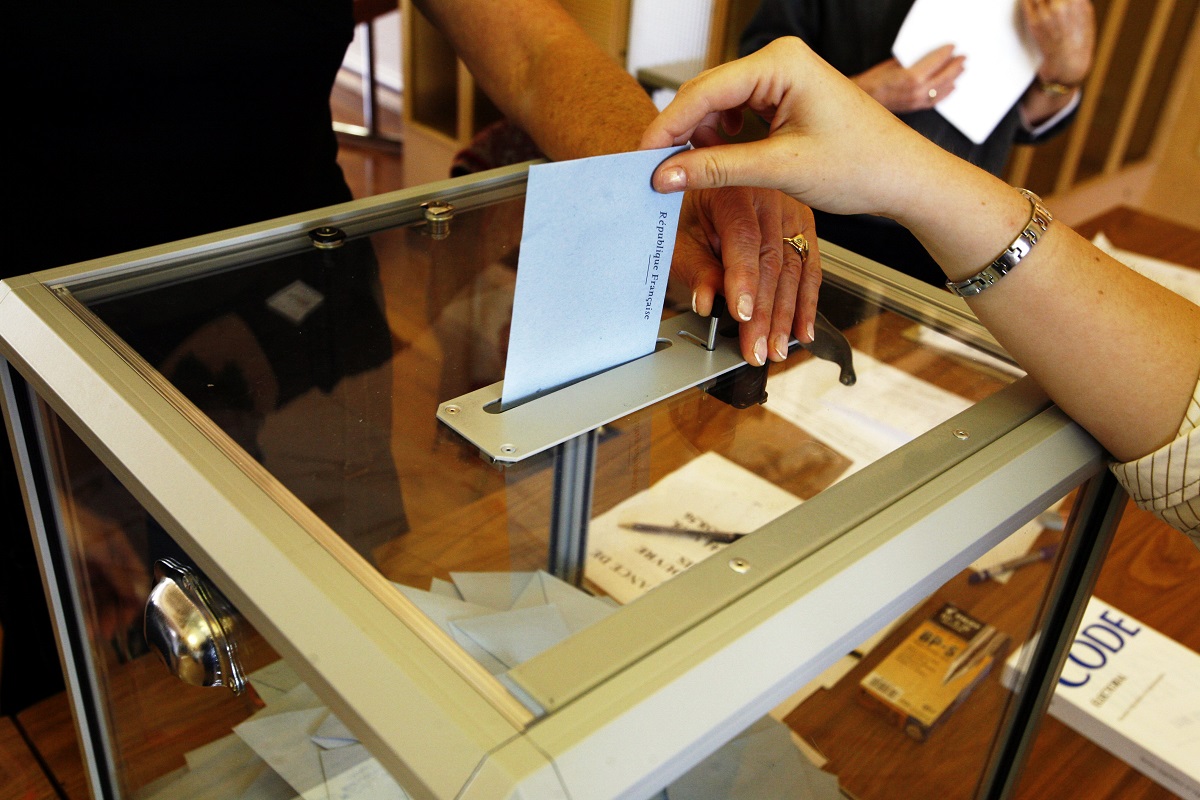
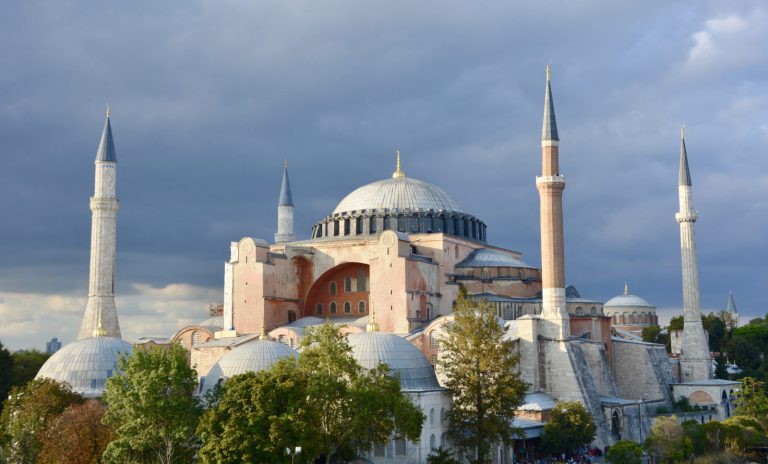
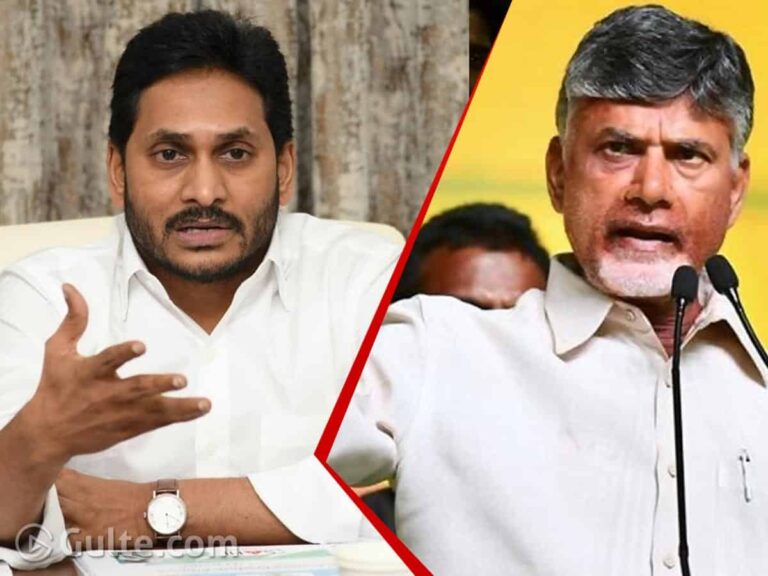
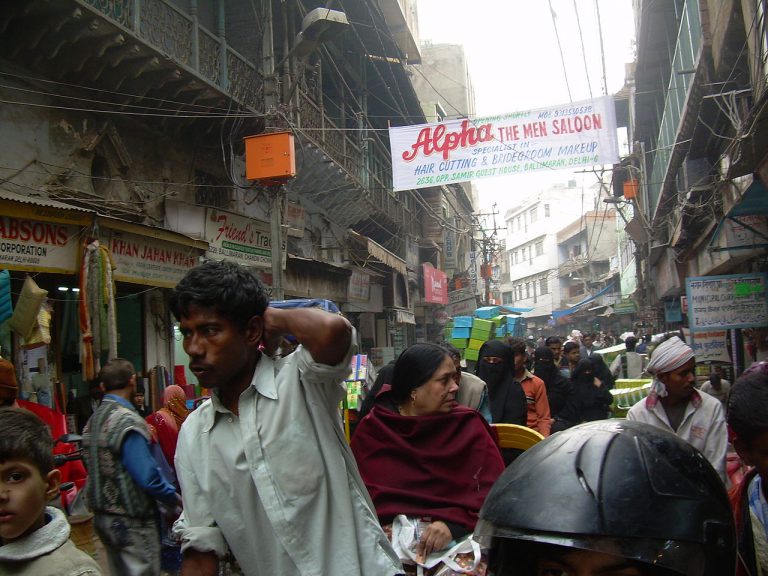
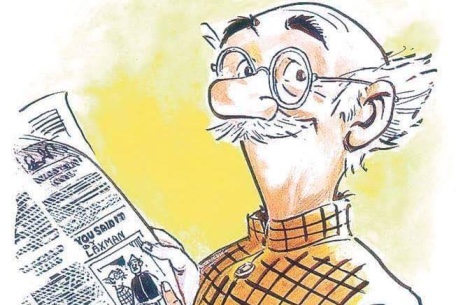
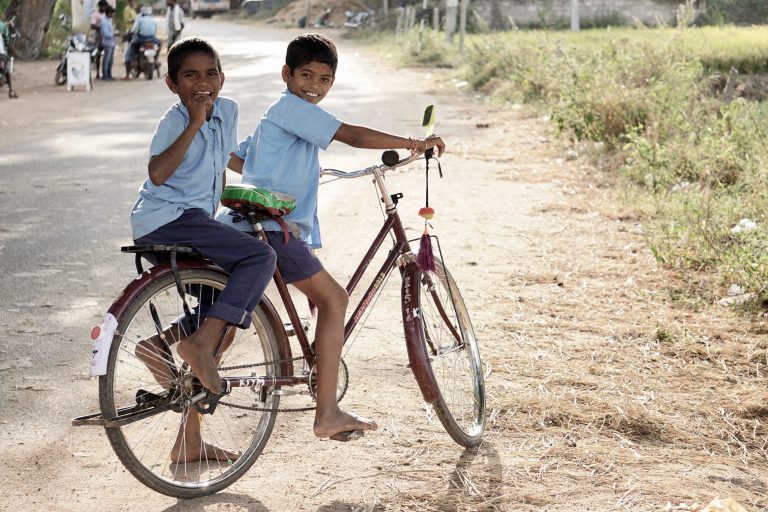
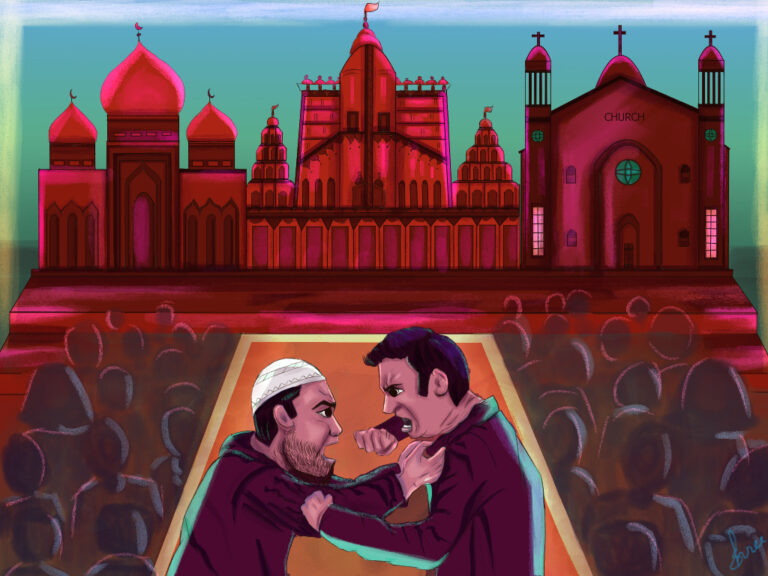
Readers' Reviews (2 replies)